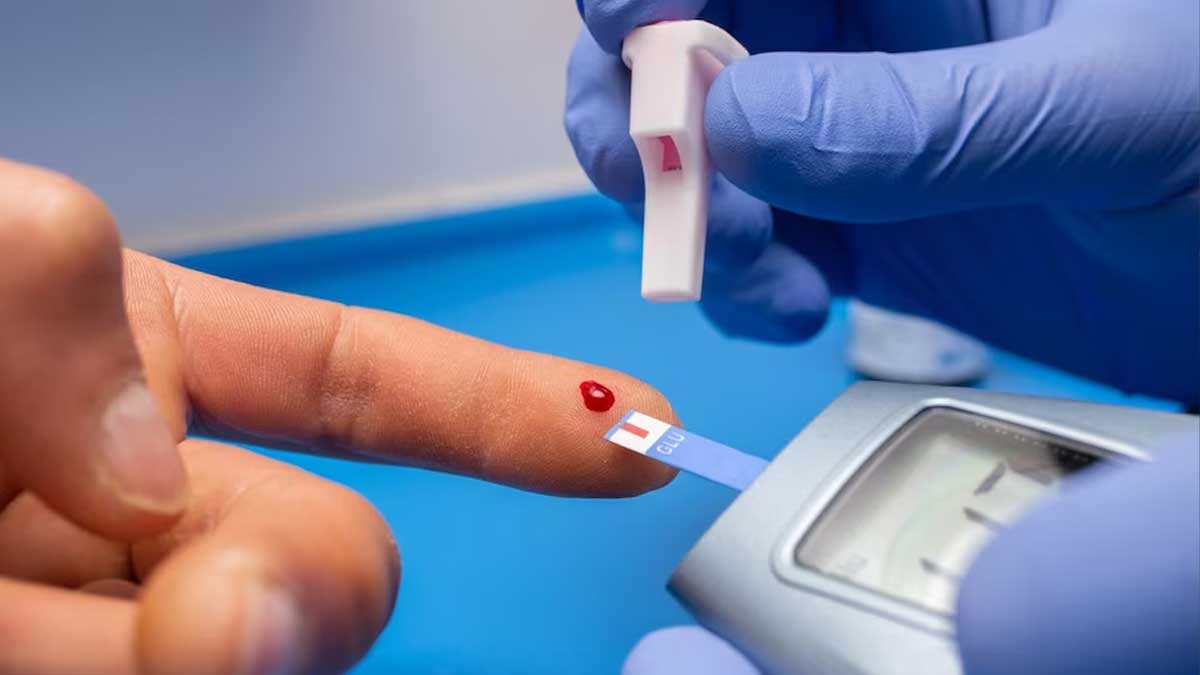
Even though achieving and maintaining hormonal balance is crucial for overall well-being, it is often overlooked in the pursuit of optimal health. A good diet is one arena that plays a pivotal role in influencing our hormonal health. Here are a few dietary measures you can take to make sure your hormones are balanced and you are at the prime of your health.
Table of Content:-
Essential Nutrients
Omega-3 Fatty Acids: In fatty fish, flaxseeds, and walnuts, omega-3 fatty acids support hormone production and reduce inflammation, according to a study published in the Iranian Journal of Basic Medical Sciences.
Vitamins and Minerals: Ensure an adequate intake of vitamin D, B vitamins, zinc, and magnesium, as they play vital roles in hormone regulation.
Balancing Blood Sugar Levels

Complex Carbohydrates: Opt for whole grains, legumes, and vegetables to maintain steady blood sugar levels, preventing insulin spikes that can disrupt hormonal balance.
Protein: Include lean protein sources like poultry, fish, tofu, and legumes to support muscle development and stabilise blood sugar.
Healthy Fats
Avocado and Olive Oil: Incorporate monounsaturated fats for hormone synthesis and balance. Avocado and olive oil are excellent choices.
Nuts and Seeds: Snack on almonds, chia seeds, and pumpkin seeds for healthy fats, fibre, and essential nutrients.
Cruciferous Vegetables
Broccoli, Kale, and Brussels Sprouts: A study published in the Current Developments in Nutrition stated that these vegetables contain compounds that help regulate estrogen levels, contributing to hormonal balance.
Also Read: Nutrition and Hormones: Expert Explains How Hormonal Changes Are Affected By Nutritional Intake?
Adaptogenic Herbs

Ashwagandha and Rhodiola: Consider incorporating adaptogenic herbs into your diet. These herbs can help the body adapt to stress, supporting hormonal harmony.
Limit Processed Foods
Reduce Sugar Intake: Excessive sugar can lead to insulin resistance, disrupting hormonal balance. Minimise the consumption of sugary snacks and drinks.
Avoid Trans Fats: Trans fats found in many processed foods can interfere with hormonal signalling. Choose natural, whole foods instead.
Mindful Eating
Balanced Meals: Strive for balanced meals with a combination of protein, carbohydrates, and healthy fats to support sustained energy levels.
Regular Eating Schedule: Maintain a consistent eating schedule to avoid blood sugar fluctuations and support stable hormone production.
Also Read: Imbalance In Hormones In Men: Here Are 10 Signs Of It
Incorporating a nutrient-rich, balanced diet can significantly contribute to maintaining hormonal balance. By making mindful food choices and prioritising essential nutrients, you empower your body to function optimally. Remember, small changes in your diet can significantly improve your overall hormonal health. Consult with a healthcare professional or a registered dietitian for personalized advice based on your unique needs.
Also watch this video
Read Next
Carrot Juice In Winter: Why You Should Consume It In Colder Months And How To Make It At Home
How we keep this article up to date:
We work with experts and keep a close eye on the latest in health and wellness. Whenever there is a new research or helpful information, we update our articles with accurate and useful advice.
Current Version